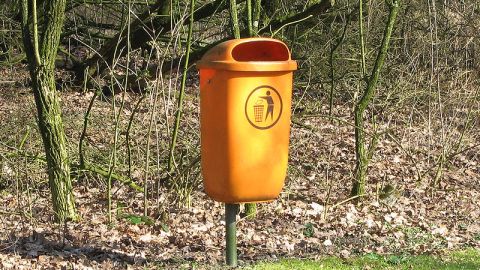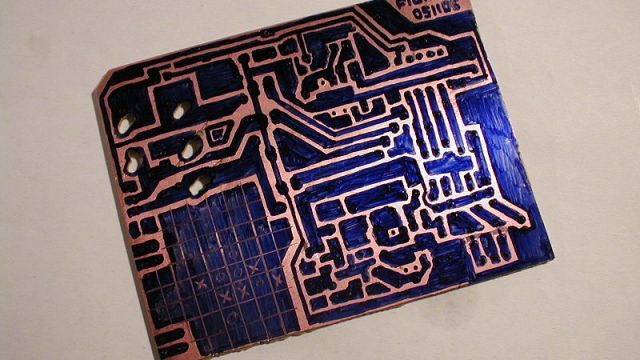Turning Garbage Into Fuel

What’s the Latest Development?
Next year, a large chemical plant in Edmonton, Canada, will begin turning garbage into 36 million liters of ethanol per year. Using “fluff” from municipal solid waste, i.e. textiles, plastics and wood, the factory will make chemical byproducts and fuel that could compete against corn-based ethanol which supplies ten percent of the U.S.’s domestic fuel demand. The region of Alberta, of which Edmonton is the capital, has the country’s highest concentration of tar sands, a mix of dirt and oil which is expensive to refine into usable petroleum.
What’s the Big Idea?
The promise of biofuels have been slow to materialize and corn-based ethanol has largely been a policy failure. Besides corroding older car engines, the production of corn for ethanol has made large swaths of land unavailable for food production, helping to drive up world food prices. “And trash-based biofuels need not compete on cost with fuels, as long as they offer a lower cost than their other competitor—landfills.” As the U.S. seeks to decrease its dependency on foreign oil, garbage ethanol might serve as a small but potent substitute.





